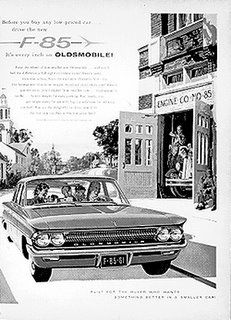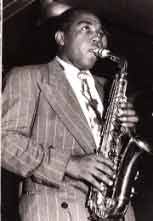
Music for week 2 of
The Sex Revolts:
1. "Eight Miles High," The Byrds,
Fifth Dimension (1966)
2. "Hurdy Gurdy Man," Donovan,
The Hurdy Gurdy Man, (1968)
3. "Monterrey," Tim Buckley,
Starsailor (1970)
4. "Mother," John Lennon,
John Lennon/Plastic Ono Band (1970)
5. "Golden Hours," Brian Eno,
Another Green World (1975)
6. "Another Green World," Brian Eno,
Another Green World (1975)
7. "Loomer," My Bloody Valentine,
Loveless (1992)
8. "Papua New Guinea," The Future Sound Of London,
Accelerator 9. "A Huge Evergrowing Pulsating Brain That Rules From The Centre of the Ultraworld," The Orb,
Orb's Adventures Beyond the Ultraworld (1991)
10. "The Drowners," Suede,
Suede (1993)
11. "I Am Hated for Loving," Morrissey,
Vauxhall and I (1994)
12. "Horny In The Morning," Pansy Division,
Wish I'd Taken Pictures (1996)
13. "Vanilla," Pansy Division,
Wish I'd Taken Pictures (1996)
14. "Koeeoaddi There," Incredible String Band,
The Hangman's Beautiful Daughter (1968)





